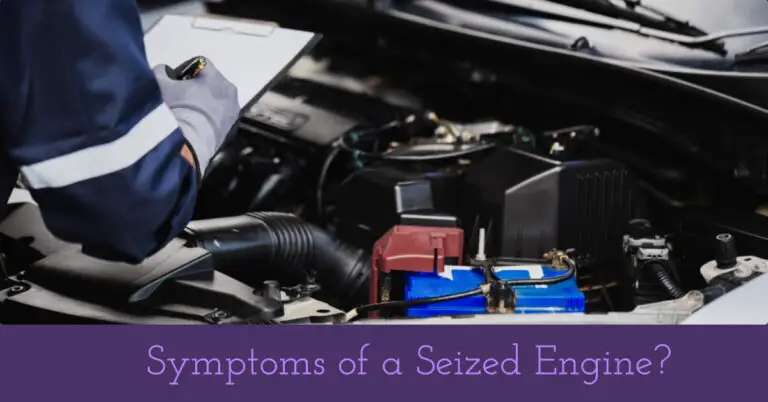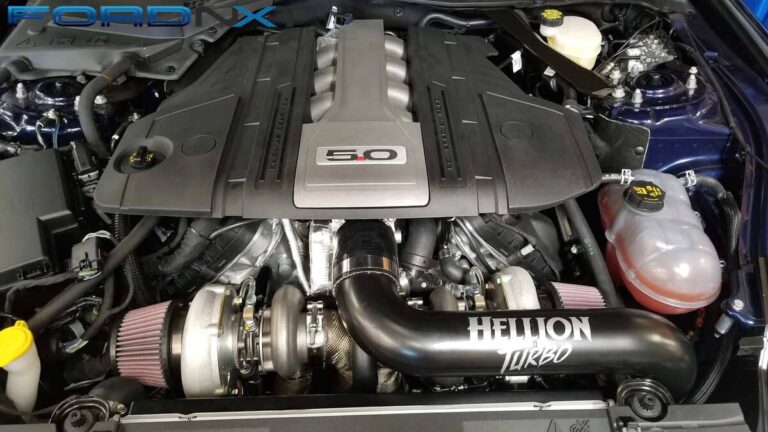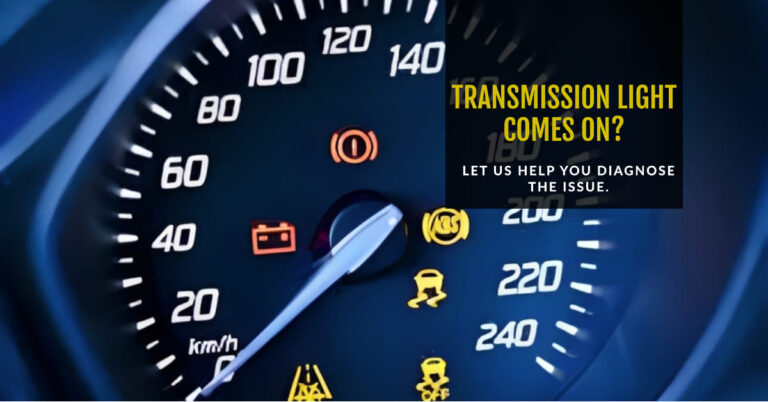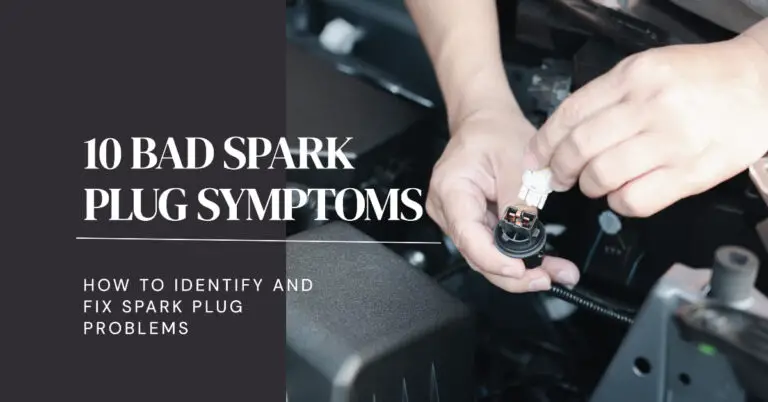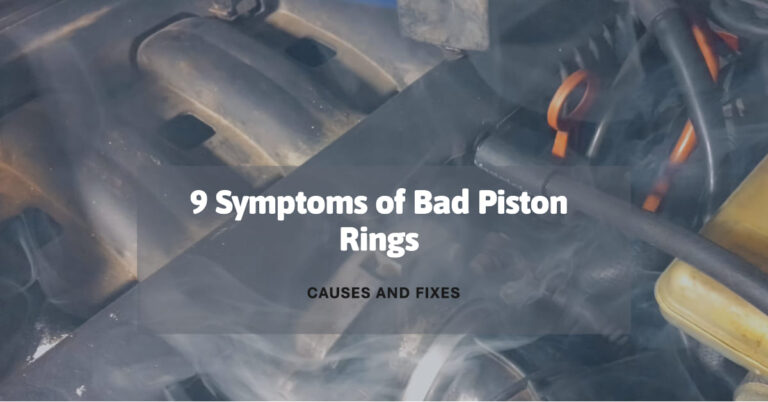What Is A Hybrid Car And How Do They Work? A 2024 Guide
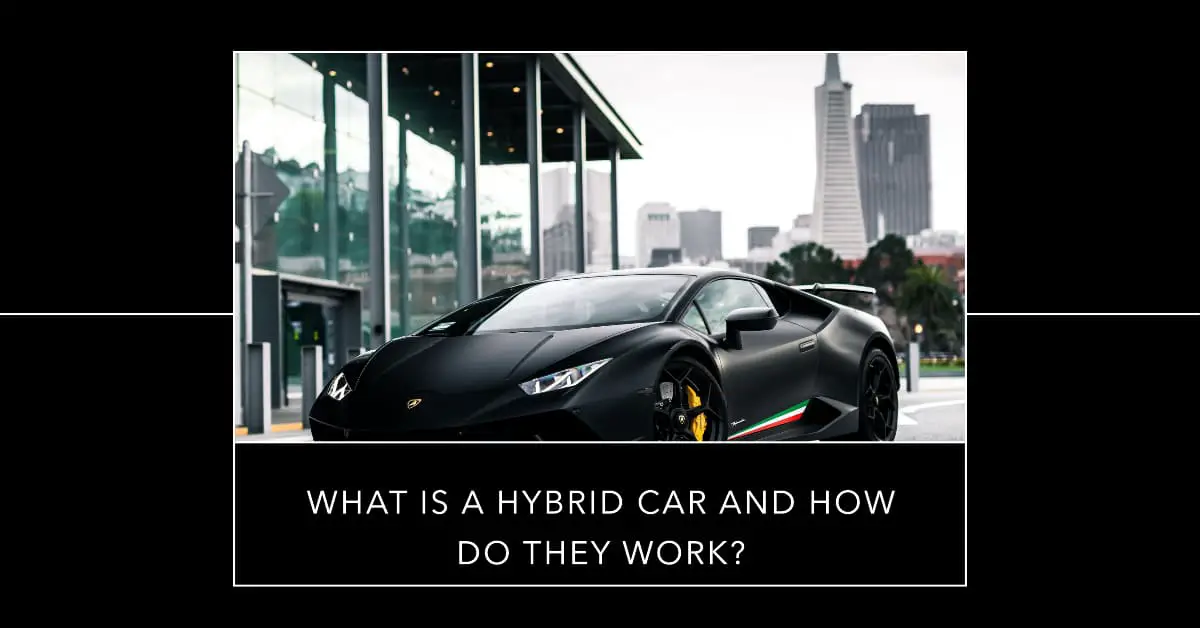
Hybrid cars have gained popularity in recent years due to their fuel efficiency and eco-friendliness. A hybrid car combines two power sources, an electric motor and a gasoline engine, to move the vehicle. The electric motor is powered by a battery that is recharged by the gasoline engine and through regenerative braking.
Hybrid cars work by using the electric motor to power the vehicle at low speeds and when idling, while the gasoline engine takes over at higher speeds or when more power is needed. The two power sources work together seamlessly to provide a smooth and efficient driving experience. Additionally, the battery is constantly being recharged through braking and the gasoline engine, which means that hybrid cars have a longer range than fully electric cars.
Overall, hybrid cars are a great option for those who want to reduce their carbon footprint and save money on gas. With advancements in technology, hybrid cars are becoming more affordable and accessible to the average consumer. In this 2023 guide, we will take a closer look at what hybrid cars are, how they work, and their benefits and drawbacks.
Table of Contents
What is a Hybrid Car?
Hybrid cars are vehicles that use two or more power sources to move. Typically, they combine an electric motor with a gasoline engine to achieve propulsion. The electric motor and the gasoline engine work together to drive the wheels of the car.
Hybrid Technology
Hybrid technology is the combination of electric and gasoline-powered engines. The electric motor is powered by a battery, which is charged through regenerative braking and by the gasoline engine. The electric motor can provide extra power to the gasoline engine, allowing for a smaller engine to be used. The battery can also power auxiliary loads and reduce engine idling when stopped.
Types of Hybrid Cars
There are several types of hybrid cars available on the market today. The most common types are:
- Full hybrid: These hybrids have larger batteries and more powerful electric motors that can run fully on electricity for short distances or use a combination of power sources for longer trips.
- Mild hybrid: These hybrids have smaller batteries and less powerful electric motors. They cannot run on electricity alone but can assist the gasoline engine to improve fuel efficiency.
- Plug-in hybrid: These hybrids have larger batteries that can be charged by plugging the car into an electrical outlet. They can run fully on electricity for longer distances and use gasoline only when the battery is depleted.
Hybrid cars are becoming increasingly popular due to their improved fuel efficiency and reduced emissions. They are a great option for drivers who want to save money on gas and reduce their environmental impact.
How Do Hybrid Cars Work?
Hybrid cars are vehicles that use both an electric motor and a gasoline engine to power the car. The electric motor is powered by a battery pack, which is charged by both the gasoline engine and regenerative braking. Here are some sub-sections that explain how hybrid cars work:
Electric Motor
The electric motor is used to power the car when it is traveling at low speeds or when it is idling. It is also used to assist the gasoline engine when the car is accelerating. The electric motor is powered by a battery pack that is charged by both the gasoline engine and regenerative braking.
Gasoline Engine
The gasoline engine is used to power the car when it is traveling at high speeds or when it needs to accelerate quickly. The gasoline engine is also used to recharge the battery pack when it is low on power. Most hybrid cars use small, efficient four-cylinder gas engines.
Battery Pack
The battery pack is used to power the electric motor and is charged by both the gasoline engine and regenerative braking. The battery pack is made up of many small cells that are connected together to provide the necessary power to the electric motor.
Regenerative Braking
Regenerative braking is a system that captures the energy that is lost during braking and uses it to recharge the battery pack. When the driver applies the brakes, the electric motor is used as a generator to capture the energy that would otherwise be lost as heat.
Advantages of Hybrid Cars
Hybrid cars offer several benefits over traditional gasoline-powered vehicles. Here are some of the advantages of owning a hybrid car:
- Fuel Efficiency: Hybrid cars are known for their excellent fuel efficiency. They use both an electric motor and a gasoline engine to power the vehicle, which means they require less fuel to operate. This can save drivers a significant amount of money on gas over time.
- Reduced Emissions: Hybrid cars produce fewer emissions than traditional gasoline-powered vehicles. This is because they use an electric motor to power the vehicle at low speeds and in stop-and-go traffic, which reduces the amount of fuel the gasoline engine needs to burn. As a result, hybrid cars produce fewer greenhouse gases and other harmful pollutants.
- Regenerative Braking: Hybrid cars use regenerative braking to capture energy that is normally lost during braking. This energy is then stored in the car’s battery and used to power the electric motor. This not only helps to improve fuel efficiency but also reduces wear and tear on the brakes.
- Quiet Operation: Hybrid cars are known for their quiet operation. This is because they use an electric motor to power the vehicle at low speeds, which produces less noise than a gasoline engine. This can make for a more comfortable and relaxing driving experience.
- Tax Incentives: Many governments offer tax incentives for purchasing a hybrid car. This can help to offset the higher cost of a hybrid car compared to a traditional gasoline-powered vehicle.
Disadvantages of Hybrid Cars
Hybrid cars have become increasingly popular in recent years due to their fuel efficiency and eco-friendliness. However, there are some disadvantages to owning a hybrid car that potential buyers should be aware of.
Higher Cost
One of the biggest disadvantages of hybrid cars is their higher cost compared to traditional gasoline-powered cars. Hybrid cars use advanced technology and require specialized components, which makes them more expensive to manufacture. As a result, hybrid cars are typically priced higher than their gasoline counterparts.
Limited Range
Another disadvantage of hybrid cars is their limited range on electric power alone. While some hybrid models can drive on electric power for short distances, the majority of the time, the engine and motor(s) operate together. This means that the range of a hybrid car is limited by its fuel tank capacity, just like a traditional gasoline-powered car.
Battery Replacement Costs
Hybrid cars use large batteries to power their electric motors, and these batteries can be expensive to replace. While most hybrid car batteries are designed to last for the life of the vehicle, some may need to be replaced after several years of use. The cost of replacing a hybrid car battery can be several thousand dollars, which is a significant expense.
Complex Technology
Hybrid cars use advanced technology to combine the power of a gasoline engine with an electric motor. This complex technology can be difficult and expensive to repair if something goes wrong. Additionally, not all mechanics are trained to work on hybrid cars, which can make it difficult to find a qualified mechanic in some areas.
Future of Hybrid Cars
Hybrid cars have come a long way since they were first introduced to the market. As technology continues to advance, the future of hybrid cars looks bright. Here are some potential developments that could shape the future of hybrid cars:
- Increased Battery Range: One of the main limitations of hybrid cars is their electric-only range. However, advancements in battery technology could lead to longer battery ranges, making hybrid cars more practical for longer trips.
- Improved Charging Infrastructure: As more people switch to electric and hybrid cars, the need for charging infrastructure will increase. Governments and private companies are investing in charging stations, which will make it easier for hybrid car owners to charge their vehicles.
- More Efficient Engines: Hybrid cars already have more efficient engines than traditional gasoline-powered cars. However, advancements in engine technology could lead to even more fuel-efficient hybrid cars.
- Integration with Smart Grids: Smart grids are becoming more common, and hybrid cars could play a role in their integration. Hybrid cars could be used as a source of energy storage, which could help balance the grid during peak demand times.
- Increased Adoption: As more people switch to hybrid cars, economies of scale will kick in, which could lead to lower prices. This could make hybrid cars more accessible to a wider range of people.
Conclusion
Hybrid cars have become increasingly popular in recent years due to their fuel efficiency and lower emissions. They are a great option for those who want to reduce their carbon footprint while still enjoying the convenience and reliability of a traditional gasoline-powered car.
In this article, we have explored the basics of how hybrid cars work. We have learned that hybrid cars combine at least one electric motor with a gasoline engine to move the car. The electric motor recaptures energy via regenerative braking, and sometimes the electric motor does all the work. We have also learned that there are different types of hybrid cars, including full hybrids and plug-in hybrids.
One of the main advantages of hybrid cars is their fuel efficiency. They use less gasoline than traditional cars, which means drivers can save money on gas in the long run. In addition, hybrid cars produce fewer emissions than traditional cars, which can help reduce air pollution.
However, there are also some downsides to hybrid cars. They can be more expensive to purchase than traditional cars, and they may require more maintenance. In addition, some drivers may find that hybrid cars have a different driving experience than traditional cars.
Overall, hybrid cars are a great option for those who want to reduce their carbon footprint and save money on gas. While they may not be the best choice for everyone, they are a great choice for those who want to make a positive impact on the environment while still enjoying the convenience and reliability of a traditional car.
FAQs
How long do hybrid car batteries last?
The batteries in a hybrid car are designed to last for the lifetime of the vehicle. However, the lifespan of the battery can vary depending on the type of hybrid, driving habits, and maintenance. Most manufacturers offer a warranty of 8-10 years or 100,000 miles on the battery.
Do hybrid cars require special maintenance?
Hybrid cars require the same maintenance as traditional gas-powered cars. However, there are some additional maintenance items that are unique to hybrids, such as servicing the electric motor and battery. It is important to follow the manufacturer’s recommended maintenance schedule to ensure the longevity of the vehicle.
Can hybrid cars be charged at home?
Most hybrid cars do not require charging as they are self-charging. However, plug-in hybrid cars can be charged at home using a standard electrical outlet or a charging station. The time it takes to fully charge the battery depends on the size of the battery and the charging method used.
Are hybrid cars more expensive to repair?
Hybrid cars can be more expensive to repair than traditional gas-powered cars due to their complex hybrid system. However, the cost of repairs can be offset by the savings in fuel costs over the lifetime of the vehicle.
Do hybrid cars have good acceleration?
Hybrid cars have a reputation for being slow and sluggish, but this is not always the case. Many hybrid cars have excellent acceleration due to the instant torque provided by the electric motor. Some hybrid cars are even designed to be performance boosters.


